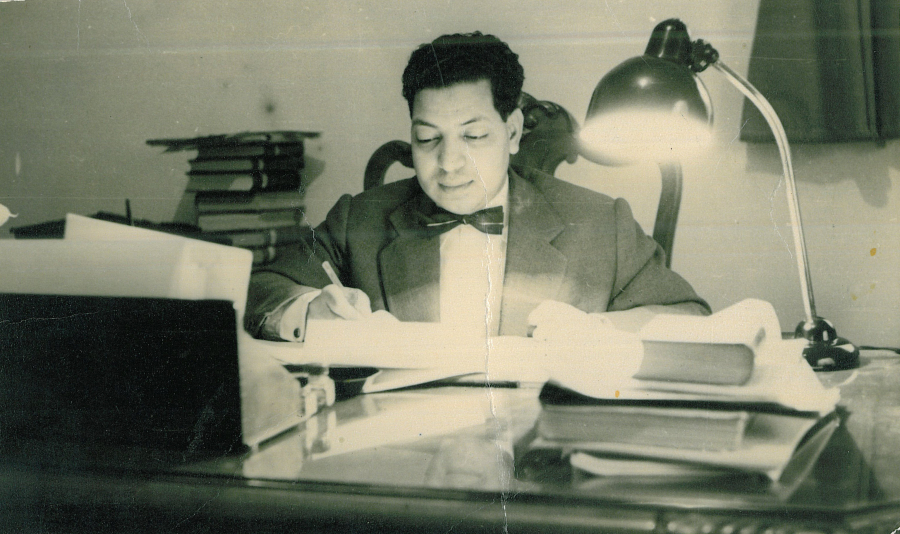Articles
Mahmud Ali Makki: poet of dialogue between cultures
Article author: Mohamed Gomaa Tawfik
Date of publication of the article: 16/09/2024
Year of publication: 2024
Article theme: Al-Andalus, Arabic, Arabic, History, Islamic Heritage, Literature.
With this article, written by Mohamed Gomaa Tawfik, we remember Dr. Mahmud Ali Makki, a prestigious Hispanist whom we had the opportunity to meet on the occasion of the «First Conference on Islamic Culture: al-Andalus, eight centuries of history» (Toledo, 1987), organised by the Western Institute of Islamic Culture (today the Foundation of Islamic Culture), where Makki participated with his speech «Islam in the face of non-Muslim communities» .
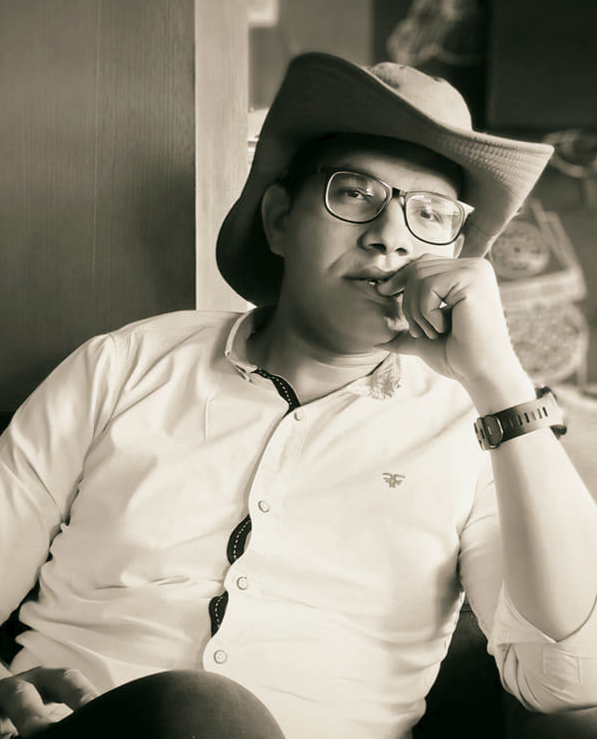
Every August, memory is renewed and voices are raised to remember the greatness of a man who left an indelible mark on the history of Arabic and Islamic literature. He is one of the world’s leading figures in Arab and Islamic thought, who devoted his life to the study of Andalusian literature and enriched the literary and cultural scene with his valuable contributions to Andalusian studies and Spanish literature. We are talking about Dr Mahmud Ali Makki, known as the guardian of the Andalusian heritage and the poet of dialogue between cultures. Makki, born in Upper Egypt, was a living example of the exceptional intellectual who rejects the idea that knowledge is exclusive to universities, seeing it as a bridge for understanding between civilisations and peoples.
An education that forged a scientific intellect
In 1929, Dr Mahmud Ali Makki was born in the province of Qena, in a modest rural environment. He grew up in a family that deeply valued knowledge. From an early age, Makki showed a keen interest in reading and writing, which led him to excel in his studies and earn the admiration of his teachers for his intelligence and love of knowledge. The road was not an easy one; he faced life’s challenges with patience and determination, believing that education was the only way to achieve his dreams.
His journey to Al-Andalus
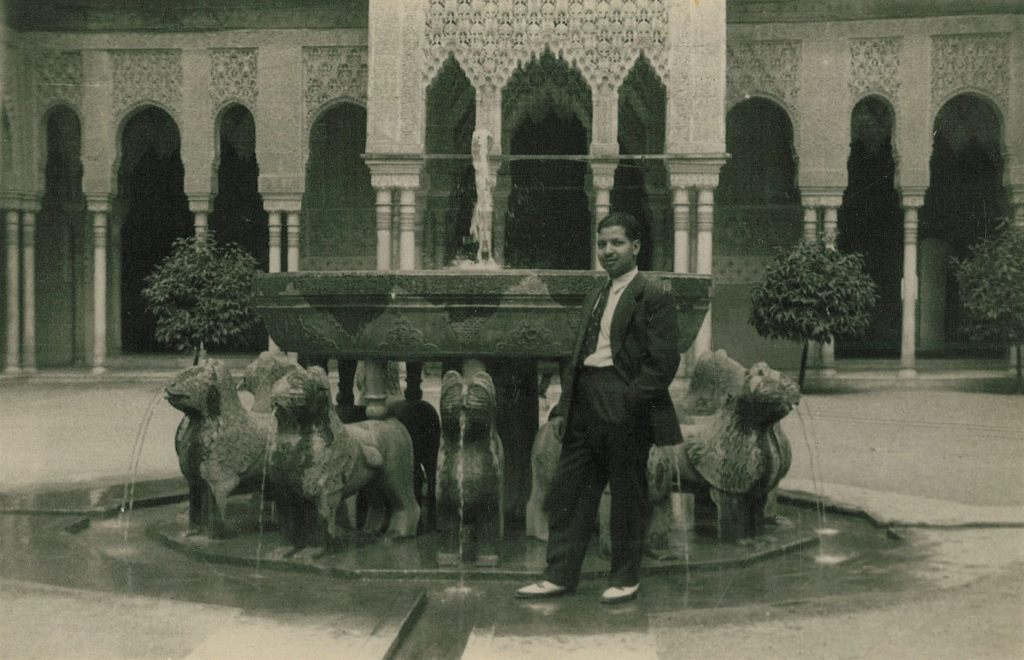
Makki’s academic journey to Al-Andalus marked a turning point in his life. After obtaining his PhD from the Complutense University of Madrid in the mid-1950s, Makki immersed himself in Andalusian literature, dedicating his life to the study of this rich legacy that represented not only a historical past for him, but a window into the spirit of Islamic civilisation in Europe. Makki early on realised that understanding the Andalusian heritage meant understanding the complex relationship between East and West, between Islam and Christianity, between the past and the present.
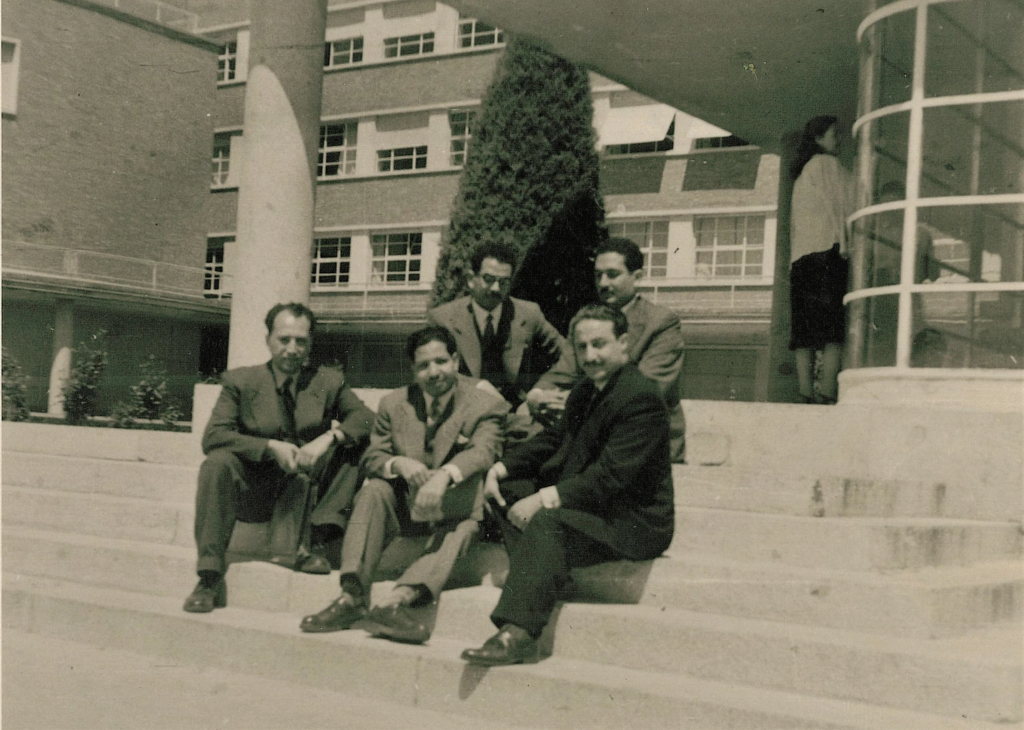
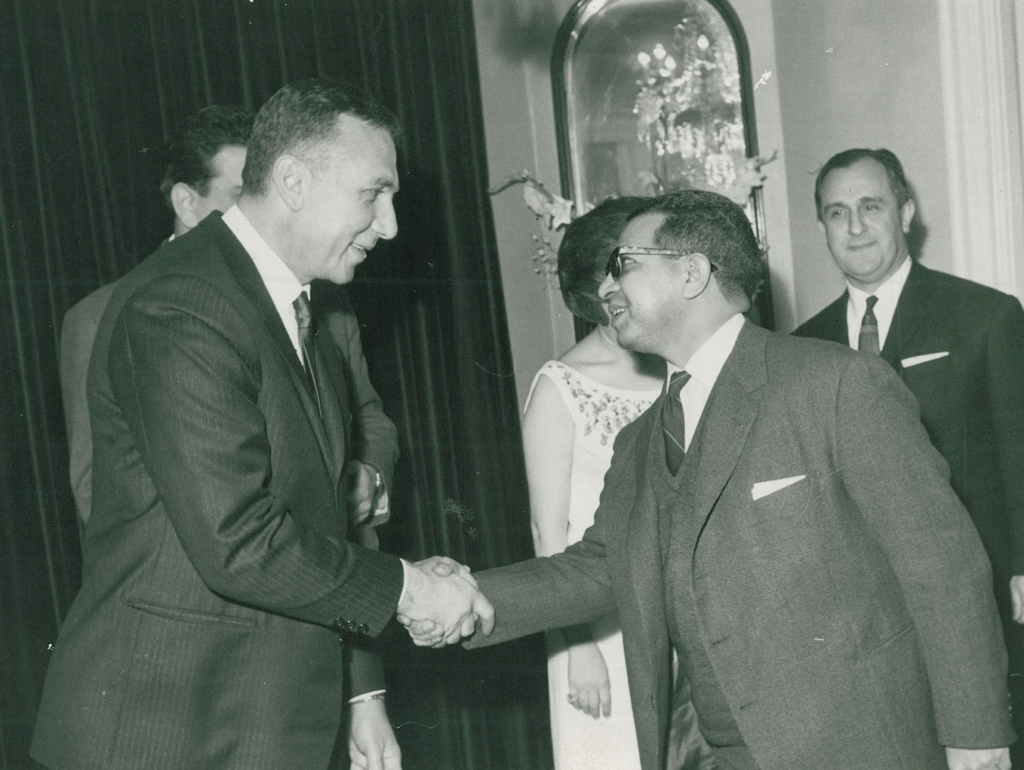
One of the fascinating stories told about Dr Makki is his meeting with the famous Spanish writer Miguel Delibes. The meeting took place in the context of a cultural seminar in Madrid, where they discussed the influence of Andalusian literature on modern Spanish literature. Makki later commented that this meeting was more than just an exchange of views; it was an opportunity to bring two ancient cultures closer together. Makki said of this meeting:
«Talking to Delibes was like exploring a parallel world, where East and West meet in the realm of literature and poetry».
A pioneering role in cultural dialogue
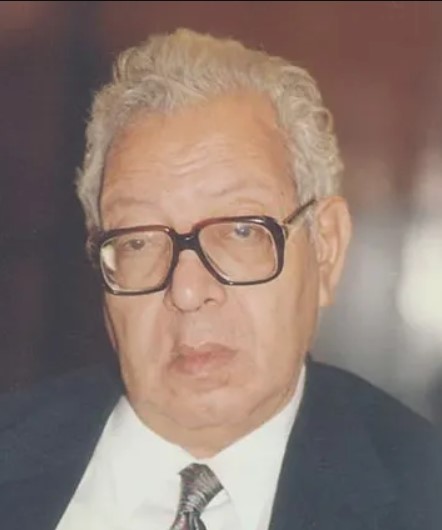
Dr Makki played a crucial role as cultural attache at the Egyptian embassy in Madrid, promoting cultural relations between Egypt and Spain. He was convinced that the Spanish language was not only a tool for communication, but a bridge that connects people and helps shorten the distances between cultures. In this context, Makki founded several educational programmes aimed at introducing Arab students to Spanish culture, thus becoming one of the most prominent figures in the dissemination of the Spanish language in the Arab world.
His lectures at the Library of Alexandria
One of the highlights of Makki’s life was when he gave lectures at the Library of Alexandria in 2006. In these lectures, Makki emphasised the contributions of the Andalusian civilisation in various sciences and arts, highlighting its profound impact on European culture. These lectures were a rare opportunity for students and researchers to hear from a man who lived among the pages of history and understood in depth what lay beyond words and texts.
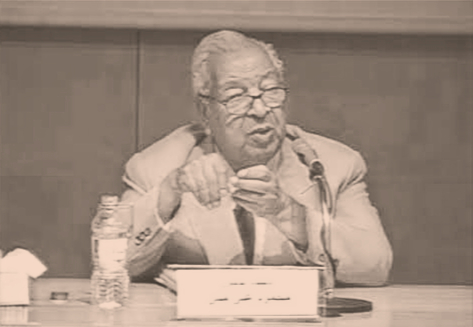
His translations and literary works
Makki left a rich academic and literary legacy, which was not limited to academic studies, but also included high quality translations. Makki was an expert translator, responsible for the translation into Arabic of numerous Spanish literary works, such as ‘La casa de Bernarda Alba’ by the Spanish poet and dramatist Federico García Lorca, and ‘Los árboles mueren de pie’ by Alejandro Casona. His translations were characterised by their accuracy and literary beauty, as Makki always sought to preserve the linguistic aesthetics of the original text, which made them widely read and appreciated in the Arab world. Makki said of translation:
«Translation is a process of new creation; it requires not only understanding the language, but also feeling the pulse and spirit of the text».
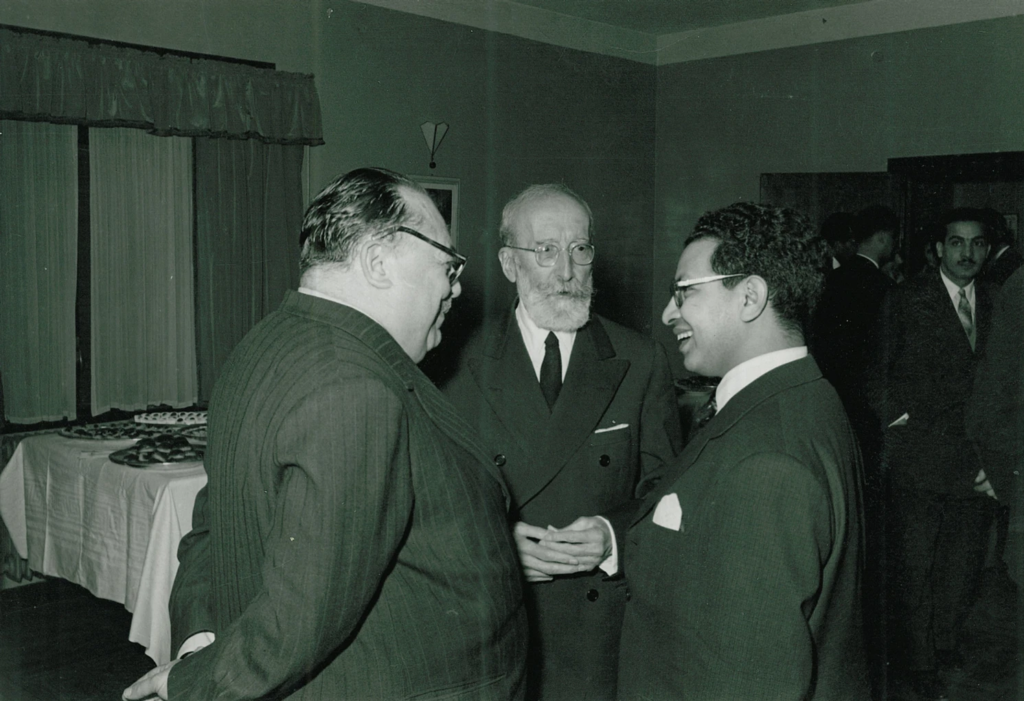
His influence on students and academics
Makki’s influence was not only limited to his literary and academic works; it also extended to an entire generation of students and academics who were his disciples. Makki was an inspirational teacher, committed to instilling in his students a love of knowledge and research. Many of them today are leaders in the field of Andalusian studies, carrying the torch of knowledge that Makki lit in their path.
Recognition and achievements
Dr Makki’s career did not go unnoticed, as he received numerous awards that reflect the magnitude of his intellectual and cultural contributions. Among the most prominent are the King Faisal International Prize in Arabic Literature, the State Prize for Recognition in Literature, in addition to several honours bestowed by the Spanish government in recognition of his role in strengthening cultural relations between the Arab world and Spain.
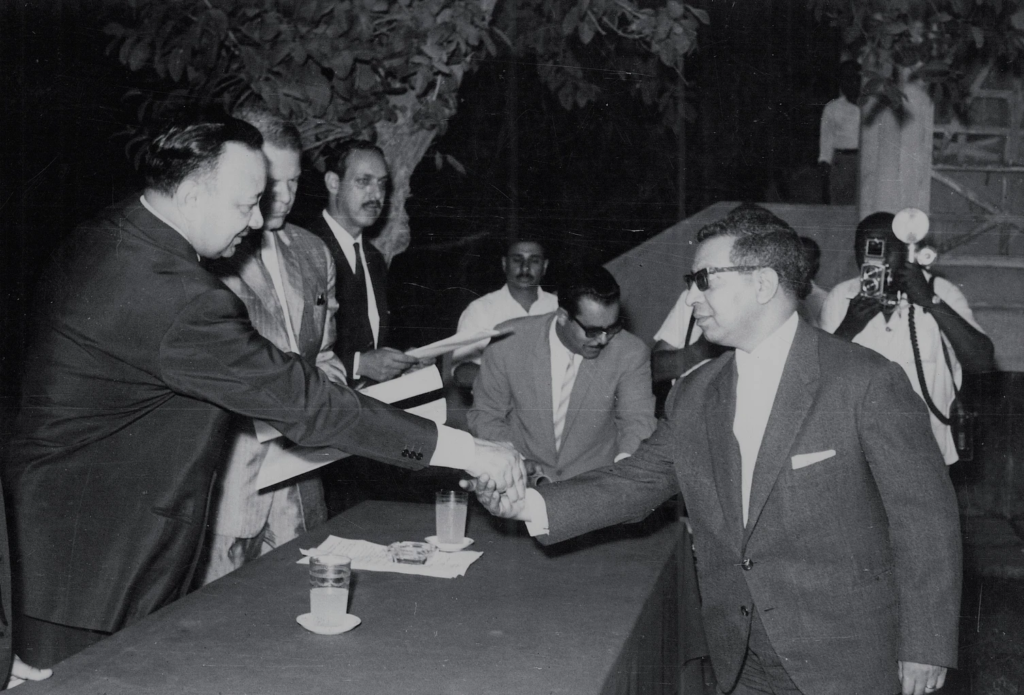
Guardian of the Andalusian heritage
Makki was not just a scholar; he was a guardian of the Andalusian heritage, striving to preserve the memory of Islamic civilisation in Europe. He understood that this task went beyond books and articles, reaching into the hearts and minds of the people. Makki gave several lectures at the Library of Alexandria, in which he outlined the contributions of the Andalusian civilisation in various sciences and arts, underlining the civilising role it played in shaping the identity of modern Europe.
An inspiring personality
Dr Mahmud Ali Makki remains an inspirational figure for all those who seek to discover their roots and connect with the other. He believed that dialogue between cultures was not an option, but a necessity imposed by modern life. In one of his most famous quotes, Makki said:
«Culture does not belong to a particular nation, but is a human legacy that we must all preserve and strengthen».
Makki firmly believed that dialogue between cultures was the best way to build bridges of understanding and peaceful coexistence between peoples. He expressed this concept in one of his quotes:
«Cultures are not isolated islands; they are rough seas where ideas and experiences meet, and our dialogue with each other is what enables us to discover ourselves».
Sage Mahmud Ali Makki left us in August 2013. In his memory, we evoke the spirit of this great man who combined science and literature, academic research and humanity, East and West. Makki left us a legacy that we should celebrate and draw inspiration from to promote the values of dialogue, tolerance and peaceful coexistence. He was a guardian of an immortal heritage, a poet of dialogue between cultures and a pioneer in the field of Andalusian studies. His memory will remain forever in the hearts of all those who knew him, read his works and were inspired by his thought and knowledge.
Source: La Cámara Real


